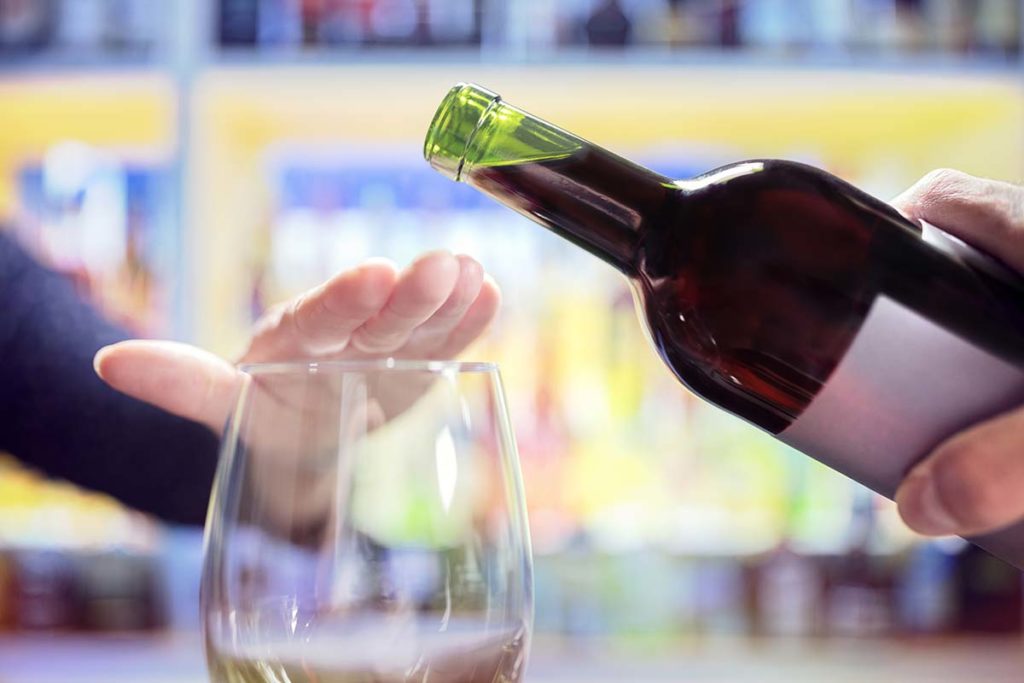Since alcohol is lawful to purchase and consume in the United States, it is more accessible than other substances like cocaine, opiates, and benzodiazepines. Even though alcohol is legal, it poses the risk of physical dependency, making many of those struggling with a drinking problem wonder how to stop drinking. Alcohol is the most commonly used and abused psychoactive substance in the United States. More than 86% of Americans have consumed alcohol at least once in their lifetime, while another 70.1% of adults have drunk alcohol in the past year. While 55.9% of adults have drunk in the past month, more than half engaged in binge drinking.
Alcoholism
Alcoholism is a chronic, incurable, and progressive mental health disease. It is one that causes you to compulsively drink in excess despite wanting to stop or dealing with negative consequences as a result of your drinking. Alcohol is a neurotransmitter inhibitor. As such, it forces your brain to release more pleasurable neurotransmitters than it should. The surge of neurotransmitters released when drinking causes intoxication. When you consume alcohol, your liver needs at least one hour to process each serving of alcohol. Binge drinking, which occurs when your blood alcohol content reaches or exceeds .08, can lead to liver damage. When you don’t give your liver enough time to filter impurities, you can overwork your liver. Long-term alcohol abuse increases your risk of developing liver cancer, fatty liver disease, and cirrhosis. Alcohol intoxication decreases coordination and inhibitions, making you more likely to fight or argue with others. When you become dependent on alcohol, you can deal with potentially life-threatening withdrawal symptoms, like delirium tremors, if you immediately stop drinking. Your brain also becomes dependent on alcohol to release neurotransmitters. Cravings and triggers can also make it hard to remain sober, which is why treatment is the best way to learn how to stop drinking.
How to Stop Drinking
If you are struggling with alcoholism or a drinking problem, recovery usually requires treatment. Alcohol detox symptoms can begin within hours of your last use and can cause:
- Shakes and tremors
- Sweats
- Nausea, vomiting, and stomach cramps
- Delirium tremors, seizures, and disorientation
- Mood changes
- Sleep disturbances
When you are wondering how to stop drinking, chances are you have previously experienced withdrawal symptoms. Attending an alcohol detox program can limit the severity of your withdrawal symptoms and make your withdrawal process more comfortable. Alcohol detox symptoms usually are alleviated within five to seven days of your last drink. Once you complete withdrawal, learning how to stop drinking is the next phase of treatment. Inpatient and outpatient programs teach you how to cope with triggers and cravings, as well as how to make lifestyle changes that are necessary for your sobriety.
Getting Help for a Drinking Problem Today
Learning how to stop drinking starts with reaching out for help from a treatment center. Since alcoholism is a progressive condition and can cause irreversible liver damage, finding help as soon as possible is paramount. Call us today at 844.875.5609 to find out more about our programs and how to stop drinking.

